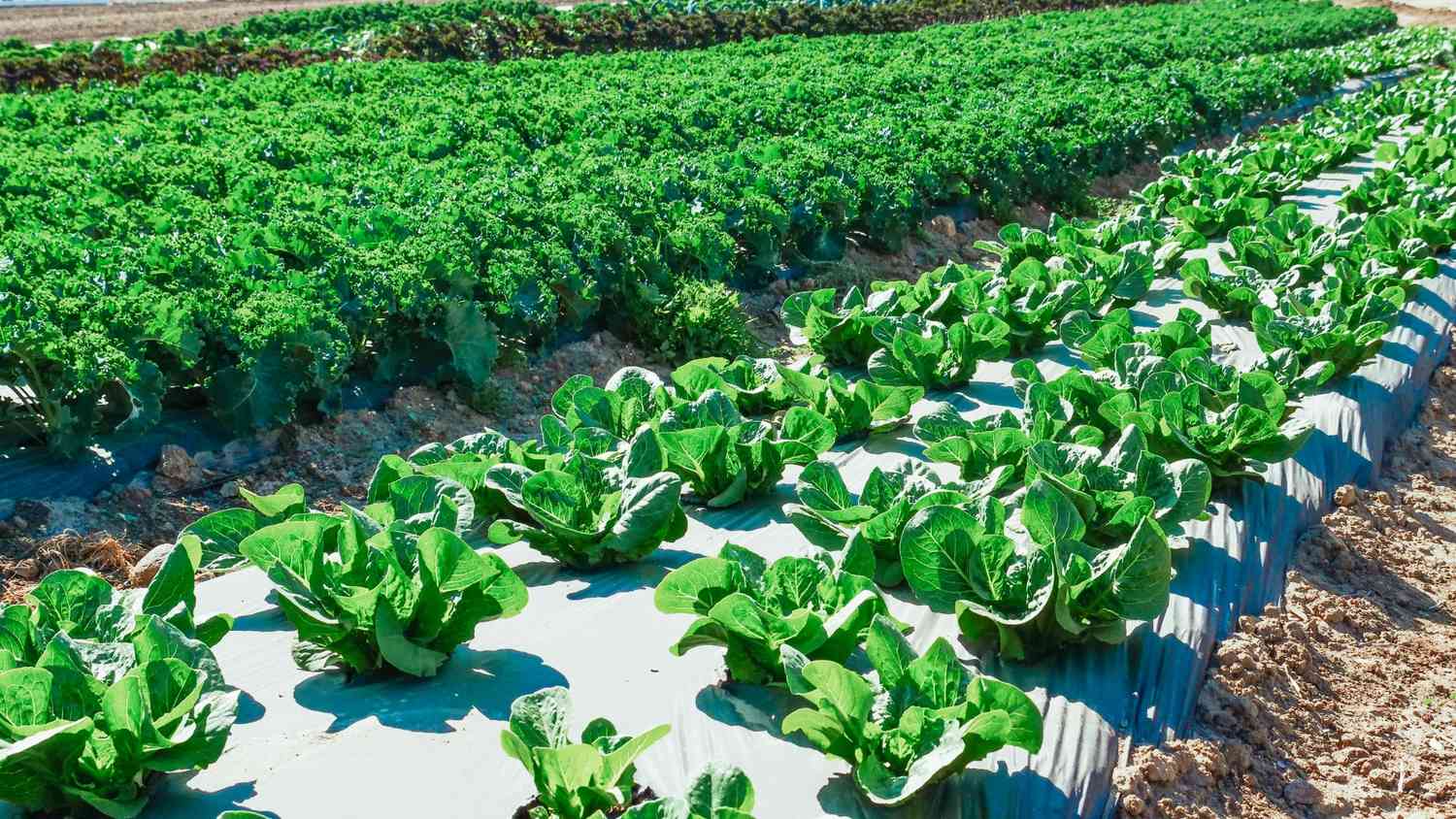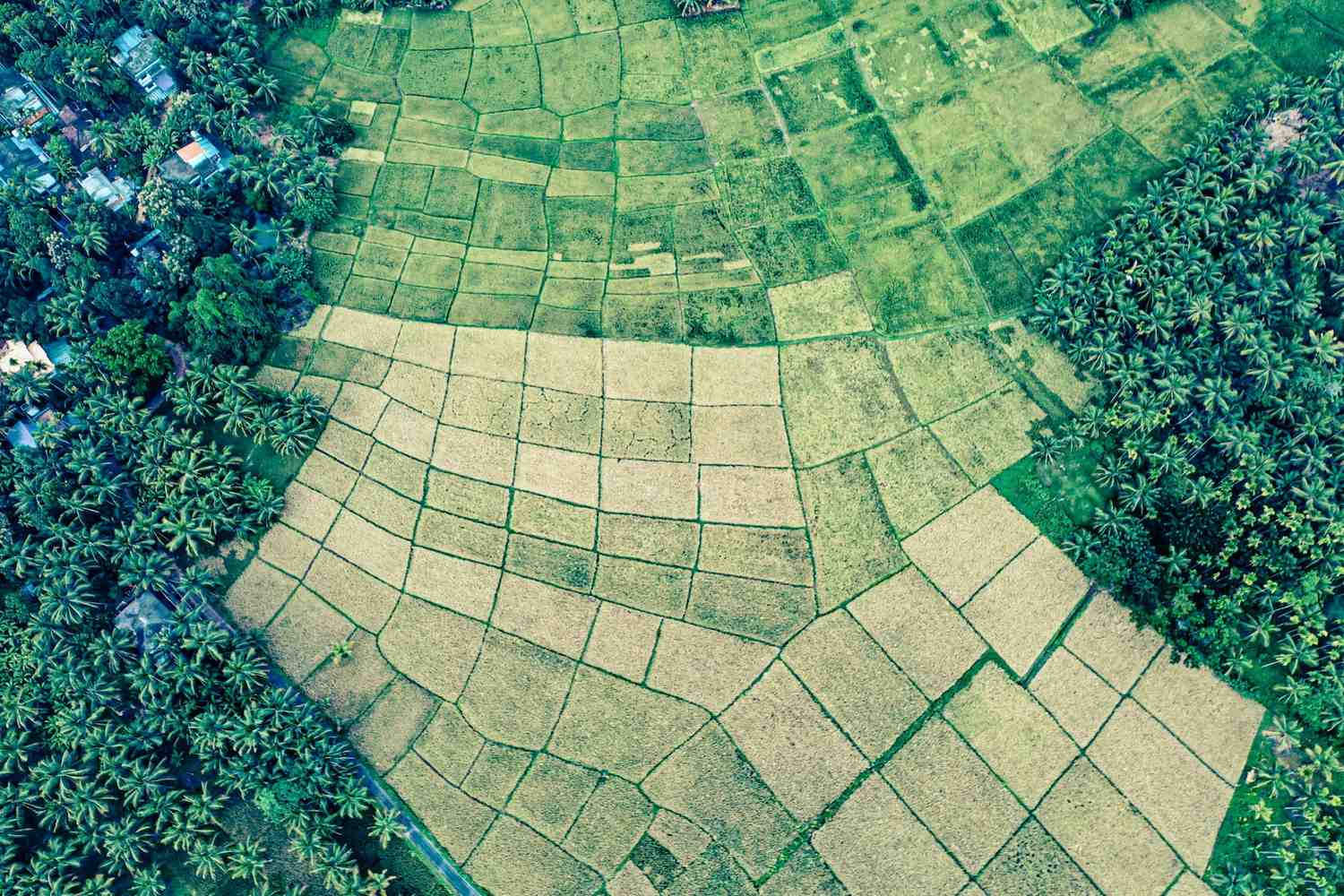Boost Sustainability with Biodiversity in Your Supply Chain

In recent years, discussions around sustainability have moved beyond carbon emissions and water conservation to include a critical but often overlooked element: biodiversity. Today’s consumers are increasingly aware of the environmental impact of the products they purchase. By promoting biodiversity within your supply chain, you can position your brand as a leader in sustainability. Moreover, initiatives like the EU’s Corporate Sustainability Reporting Directive (CSRD) will soon require more detailed sustainability disclosures from companies, making biodiversity a key element in compliance.
Why Does Biodiversity Matter?
Biodiversity refers to the variety of living organisms within a given ecosystem, including plants, animals, microorganisms, and their genetic diversity. In agriculture, biodiversity is essential for several reasons:
1. Ecosystem Stability: Diverse ecosystems are more resilient to pests and diseases. For example, a monoculture farm (where only one type of crop is grown) is more susceptible to pest outbreaks than a farm with a variety of crops.
2. Soil health: Diverse ecosystems support the formation of healthy soil. It is home to a multitude of microorganisms that digest tiny pieces of organic matter and transform it into nutrients and minerals that act as natural fertilizers for growing plants.
3. Pollination: Some crops rely on natural pollinators like bees, which thrive in biodiverse environments. A loss of biodiversity can lead to a decline in pollinators, affecting crop yields.
4. Climate Change Resilience: Biodiversity enhances the ability of farms to withstand extreme weather events caused by climate change. Diverse plant species can offer a natural buffer against floods, droughts, and heatwaves, thus protecting food supply chains from disruptions.
The Impact of Agriculture
Modern farming techniques, particularly industrial-scale monoculture, have had a profound impact on biodiversity. Clearing land for large-scale farming reduces natural habitats, while the use of pesticides and fertilizers can harm local wildlife, pollinators, and soil quality.
However, agricultural land is also an ecosystem and biodiversity can be enhanced!
Especially natural pastures can contain a large variety of grasses and herbs, which are not only a healthy cattle feed but also a great home to insects and ground-dwelling birds. With every year that the meadow is not touched by biocides (herbicides, pesticides, fungicides), the biodiversity will increase most likely providing more nutritious plants and attracting pollinators. Adding hedges or trees in between fields or at the edges will further increase biodiversity.

Examples of Biodiversity in Agriculture
Biodiversity can take many forms in agriculture. Here are some real-world examples:
- French Vineyards: Vineyards in France have adopted practices like planting wildflower strips and cover crops, which enhance pest control and improve soil health. These measures contribute to healthier ecosystems and better wine quality (Source: European Commission).
- Agroforestry in Kenya: Smallholder farmers integrate trees with crops and livestock, creating diverse ecosystems that improve soil fertility, water retention, and crop resilience.
- Rice-Paddy Fish Farming in Asia: This practice combines fish farming with rice cultivation, reducing pesticide use while promoting natural pest control and soil enrichment.
Agriculture and Biodiversity Loss
Modern agricultural practices are one of the leading causes of biodiversity loss globally. Key factors include:
- Monoculture Farming: Growing a single crop over large areas reduces habitat diversity and disrupts ecosystems.
- Pesticide Overuse: Chemicals harm pollinators and beneficial insects, destabilising the food web.
- Deforestation: Clearing land for agriculture destroys habitats and reduces species richness.
- Soil Degradation: Intensive farming depletes soil nutrients and reduces microbial diversity.
According to the FAO, over 75% of the world’s crop diversity has been lost due to agricultural intensification. Reversing this trend is critical for maintaining ecological balance and food security.

How Does Agriculture Affect Biodiversity?
Agriculture impacts biodiversity in significant ways, encompassing both negative and positive effects:
Negative Impacts:
- Habitat Destruction: Agricultural expansion is a primary driver of deforestation and land conversion. According to the Science Based Targets Network (SBTN), avoiding the conversion of natural ecosystems is crucial to protecting biodiversity.
- Pollution: Overuse of fertilisers and pesticides harms soil and water quality, adversely affecting biodiversity. Sustainable pest and disease control methods are necessary to reduce chemical dependency and safeguard ecosystems.
- Water Overuse: Excessive irrigation practices deplete aquatic ecosystems, with adverse effects on biodiversity. Encouraging water-efficient agriculture and protecting freshwater resources are key priorities.
Positive Impacts:
Agroforestry and Crop Rotation: These practices enhance biodiversity by improving soil health and water management. Agroforestry integrates trees and crops, promoting ecosystem balance, while crop rotation reduces soil degradation and supports diverse microbial activity.
Organic Farming: By eliminating synthetic chemicals, organic farming supports natural ecosystems and aligns with the environmental goals of frameworks like the EU’s Common Agricultural Policy (CAP).
Understanding these impacts helps identify strategies to minimise harm while fostering agricultural sustainability. Each practice can be a step toward mitigating agriculture’s ecological footprint and enhancing its role as a steward of biodiversity.
Importance of Biodiversity in Agriculture
Biodiversity is essential for sustainable farming. Here’s why:
Ecosystem Services: Biodiversity supports pollination, pest control, and nutrient cycling.
Climate Resilience: Diverse ecosystems are better able to adapt to extreme weather conditions.
Economic Benefits: Healthy ecosystems reduce reliance on costly chemical inputs and increase yields.
Food Security: Biodiversity ensures genetic diversity in crops, which is crucial for adapting to changing environments.
A report by the World Economic Forum highlights that biodiversity is critical for global food systems, with over 75% of crops relying on pollinators.

How Can Biodiversity Make Farming Sustainable?
Integrating biodiversity into farming practices can make agriculture more sustainable by addressing critical environmental and economic challenges:
Reducing Chemical Inputs:
Diverse ecosystems support natural predators and reduce pest populations, lowering the need for pesticides.
Practices like Integrated Pest Management (IPM) promote sustainable use of plant protection products, decreasing chemical dependency.
Improving Soil Health:
Crop rotation and cover cropping enhance soil microbial diversity and improve structure, leading to better soil fertility.
Reduced tillage and efficient land use practices prevent soil degradation, aligning with the Science Based Targets Network’s (SBTN) goals to reduce land pressure.
Promoting Carbon Sequestration:
Planting trees and maintaining permanent grasslands store carbon and mitigate climate change.
Agroforestry systems are particularly effective, combining carbon sequestration with improved land productivity.
Enhancing Water Management:
Restoring riparian buffers and wetlands improves water quality and availability by reducing runoff and maintaining environmental flows.
Water-efficient agricultural practices also ensure the sustainable use of freshwater resources.
Example: Farmers in the Netherlands practicing agroforestry reported a 20% increase in soil health indicators and a 15% reduction in water use. These results highlight how integrating trees and sustainable water management can enhance both productivity and biodiversity (Source: Nature Conservancy).
The Pathway towards Nature-Positive Food Production
If your company sources products from farms, encouraging biodiversity in your supply chain can benefit both your business and the planet. The following outlines strategies that are worth considering:
1. Promote Agroforestry: Integrating trees and shrubs into farmland enhances biodiversity by creating habitats for wildlife and improving soil and water quality. It can also help sequester carbon, contributing to climate change mitigation.
2. Support Habitat Preservation: Work with farmers to conserve natural habitats, such as wetlands, forests, and meadows, on or around their farms. These habitats are crucial for maintaining local wildlife and ecosystem services like water filtration
3. Encourage Crop Rotation and Diversification: Supporting farms that practice crop rotation and polyculture (growing multiple crops on the same land) can reduce reliance on synthetic inputs like fertilizers and pesticides, while boosting biodiversity.
4. Reduce Chemical Inputs: Encourage your supply chain partners to adopt farming practices, which rely less on chemical inputs and more on biological methods and diversity to control pests and diseases
Supporting biodiversity in your supply chain isn’t just about doing the right thing for the environment—it’s a smart business strategy. Healthier ecosystems result in more resilient farms, which ultimately means fewer disruptions and more stable yields. By taking proactive steps to integrate biodiversity into your sourcing practices, you’ll be contributing to a more sustainable and secure food system.
If you would like to take action today, we offer customised biodiversity analysis and are happy to help you reach your sustainability goals.
